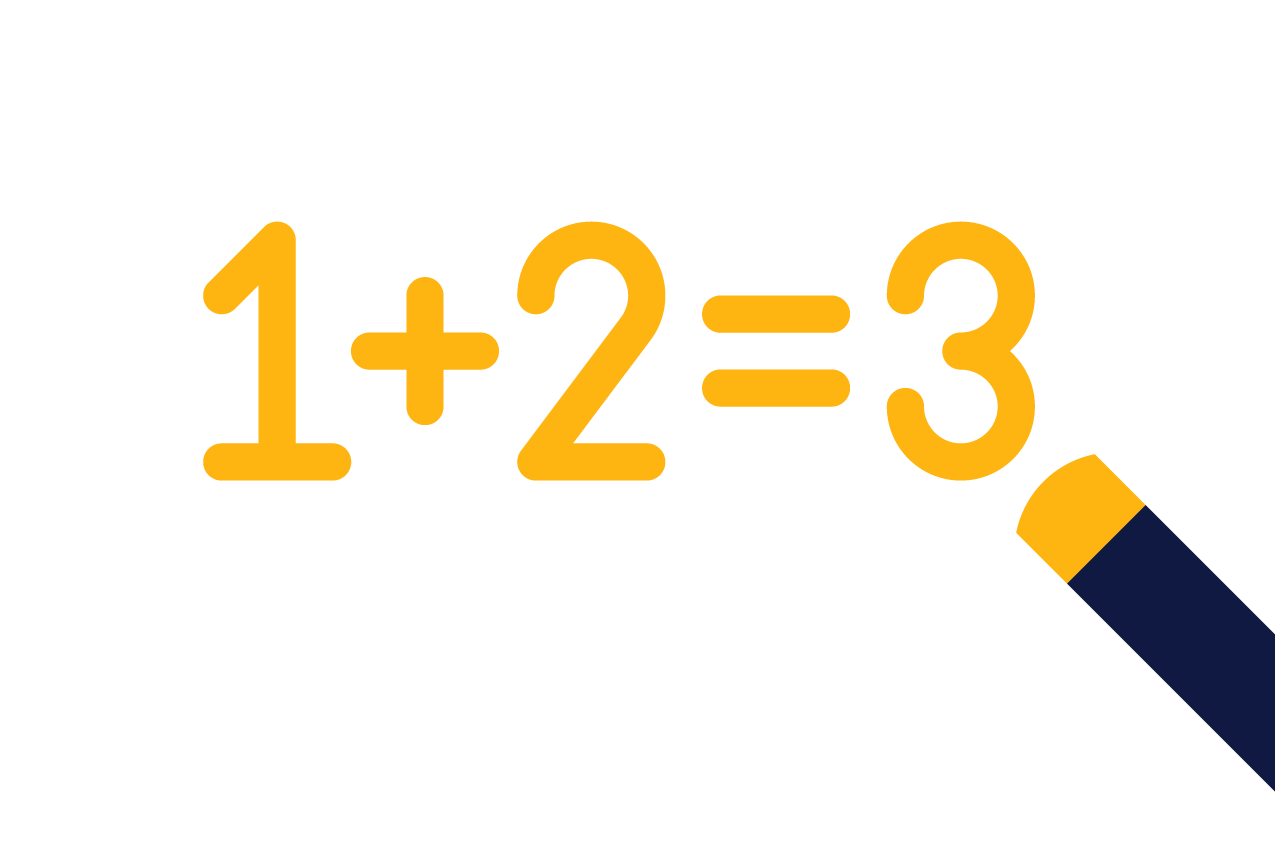what is forensic accounting?
Ever fancied yourself as a bit of a Sherlock Holmes or modern-day CSI forensic investigator? It may surprise you to hear that in the accountancy world, you can actually come close. Forensic accountants are effectively financial detectives. Rather than using blood and fingerprint analysis to solve crimes, as in those popular TV crime shows, you would be using accounting techniques. Check our quiz to see if your responses point you towards being a forensic accountant.
As a forensic accountant, you could find yourself analysing financial evidence to investigate fraud and embezzlement, building a financial profile of suspects, tracking funding sources or
examining financial information provided during legal proceedings, for example, reviewing a couple’s income to advise on a fair divorce settlement.
This valuable financial information can give lawyers the evidence they need to prosecute criminals and allow insurance companies and other clients to solve disputes. As part of this, forensic accountants can be required to stand up in court and explain their analysis in simple terms a jury can understand.
Forensic accountants working in corporate security or risk management also look at how to protect financial assets and ensure corporate compliance in response to changes in financial law.
where do forensic accountants work?
Forensic accountants work in a variety of environments, and can be employed by accounting firms, financial institutions, such as banks and work in insurance companies as a consultant, government agencies and or police force.
Some large companies have their own forensic accounting team dedicated to uncovering fraud and other financial wrongdoings. Forensic accountants can also act as consultants in risk management or researchers to law firms, providing their own research and presenting them in boardrooms, courtrooms and other legal and administrative venues.
The investigative work you undertake can really vary. Could you investigate:
- Bankruptcy fraud?
- Insurance claims?
- Telemarketing fraud?
- Embezzlement?
- Credit card fraud?
- Money laundering?
what skills and characteristics do forensic accountants need?
- Strong communication and presentation skills – You will need to confidently articulate the evidence you present in court or to senior stakeholders within a business, communicating complex problems in simple terms as an expert witness.
- A logical problem-solver – You will need to scrutinise accounts, identify any red flags and maybe even find out where money has been hidden – then make it stand up in court. Your ability to think laterally will be critical.
- An analytical mindset with good attention to detail – delving deep into the minutiae of correspondence, contracts and bank statements, you will need to pay close attention to spot any giveaway variations or erroneous entries.
- A working knowledge of financial law and accounting standards – forensic accountants read and interpret legal and regulatory frameworks on a day-to-day basis, so need to stay up-to-date to understand when the law has been broken. They are trained to look beyond the numbers to the realities of the crimes being committed.
- An inquisitive boldness and commercial acumen – Forensic accountants cannot accept what they are told on face value, instead they need to probe with questions, challenge what does not seem right and dig deeper into those suspicions. Commercial knowledge will guide them in what questions to ask and where to investigate.
What are the pros and cons of a career in forensic accounting?
Pros
- It’s an intellectually stimulating and rewarding career, where you could be helping bring criminals to account or protect your employer’s finances
- Variety – No two assignments will be the same, so if you thrive on variety and unpredictability, this could be a good career path for you. You could be working on a diverse range of cases, such as the misappropriation of government funds, money laundering or the funding of terrorism
- You have to admit, it’s one of the sexier roles in accountancy
Cons
- This is a challenging field, with high demands on you to analyse, interpret, summarise and present very complex financial information and business issues across a demanding and varied workload
- You’ll sometimes be working to tight deadlines and under pressure
Don't feel forensic accountancy is really for you? Take our accountancy quiz to find out which specialism best suits you... take our quiz!
